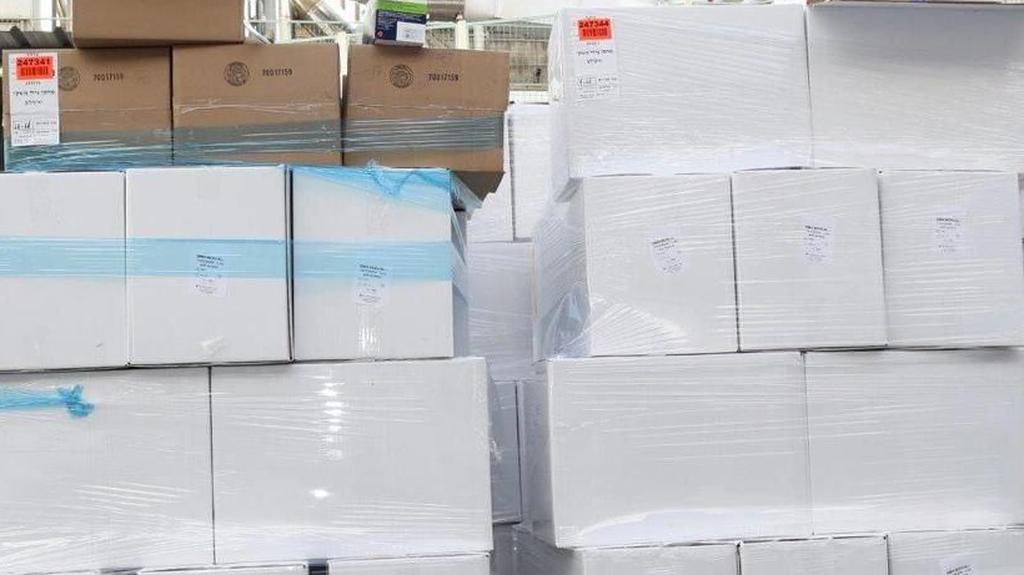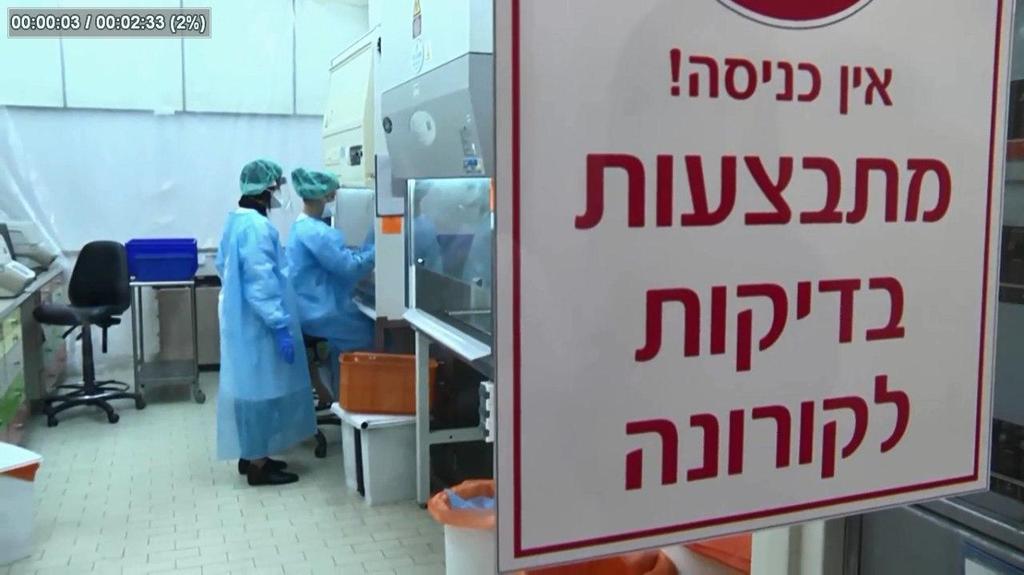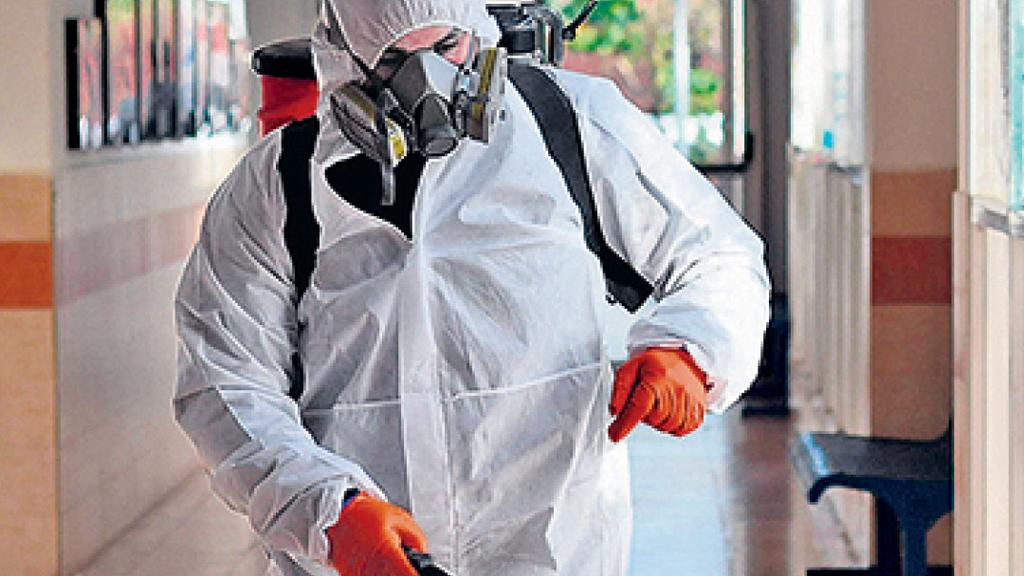Medical professionals are facing the fight against coronavirus on two fronts - treating others as they fear for their own wellbeing.
Among those infected by the coronavirus in Israel are 21 medical workers including nine doctors, four nurses, three logistical workers, two paramedics, a Lab manager, a physiotherapist, and a pharmacist.
Another 2,500 medical workers are currently quarantined and unable to work, some due to contact with known patients and others because of recent travel abroad.
Dr. Rey Biton, who heads the Medical Residents Organization of Israel, told Ynet that medical teams are confused and concerned because there are no clear instructions from the top and the doctors are not sure how they should protect themselves.
"There is a shortage of protective gear including the basic N95 masks," she said.
Three of the cases of infections in doctors were reported in the last 24-hour period.
A doctor in the urology department and a department head at the same hospital were both confirmed to have been infected. In addition, a deputy head of the lab was also found to have the virus and the entire lab staff has been placed in quarantine.
The WHO published its recommendations for the protection of medical workers that include face masks, disposable protective gowns, gloves, and disinfection every half hour.
"But we don't have the equipment to observe these guidelines," Biton said. "Doctors are begging to be heard before it is too late."
Biton also said that the healthcare system must operate under emergency regulations.
"Once a member of the medical teams is infected the whole team is taken out of the rotation," she said.
"There must be a more efficient way of doing things including severing the physical contacts between team members so that whole departments are not compromised."
According to Biton, there are already five hospital wards that have been closed because of contamination.
"We are being told there is a worldwide shortage of gear but that is not helpful three weeks into the crisis. What will we do when the numbers of sick spike?" Biton asked.
Pharmacies are also under pressure with a shortage of protected gear.
Dr. David Papo, who heads the Israel Pharmacists Association, warns pharmacists should use protective gear according to instructions from the Health Ministry but they too are experiencing shortages.
"We can't even get a hold of simple masks," he said indicating that the prices of the equipment needed are also very high.
Pharmacists come in constant contact with customers who have not been tested and may be infected but do not know it yet.
"I see more people than any doctor," he said. "My people feel they are not protected, and many don’t want to come to work."
He does not believe 100,000 additional masks will solve the problem and worries who will receive them first. "Doctors? Patients? Pharmacists?"
Sigal Regev, an executive at one of Israel's largest HMOs, said that the community clinics are operating according to the guidelines. Protective gear is given to medical teams and not to support staff or chemists.
"Individuals have purchased stocks of masks and patients need them too," she said.
Dr. Ze'ev Feldman, who chairs the Medical Doctors Organization, said he had not heard about shortages.
"I believe some of the problems stem from a lack of clarity and panic which causes people to consume more than they need," he said.
3 View gallery


Protective gear arrives at Ichilov Hospital in Tel Aviv hospital
(Photo: Courtesy of Ichilov)
"The problem with medical teams in quarantine stems more from doctors who returned from trips abroad and were not immediately banned from coming to work because the order came down too late," Feldman said.
"One such doctor worked a 19-hour shift and exposed his entire staff to the potential of infection."
Testing for the coronavirus in Israel remained under 9,000 as of Monday morning.
"This is not good," Feldman said, but added that more labs will begin testing inside hospitals and the number of tests will increase.
"Special conditions must be created and special staff must be trained," he warned.



